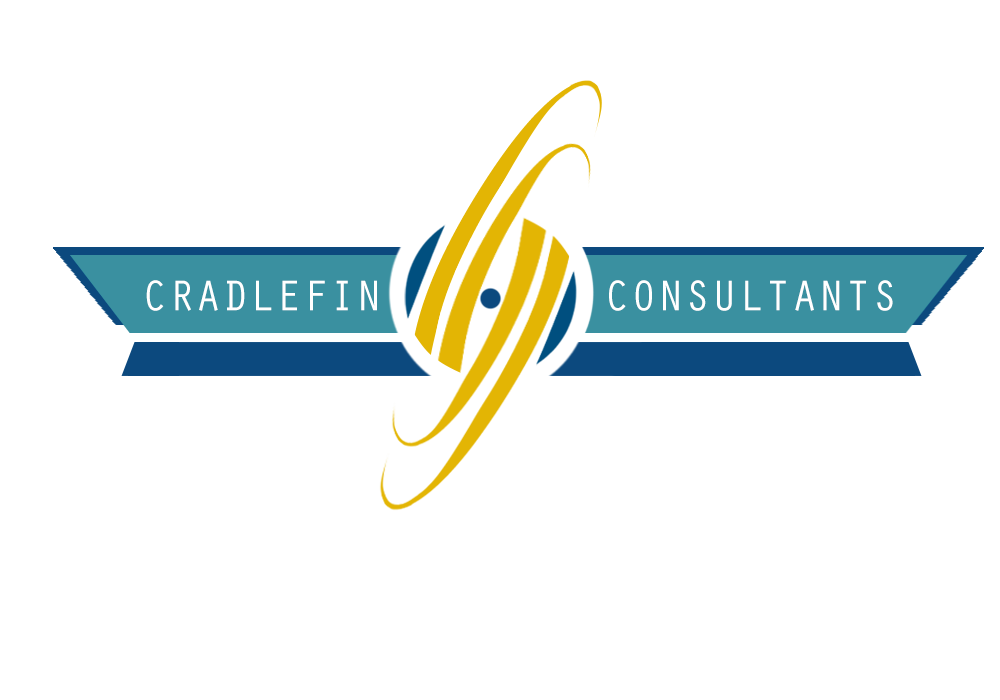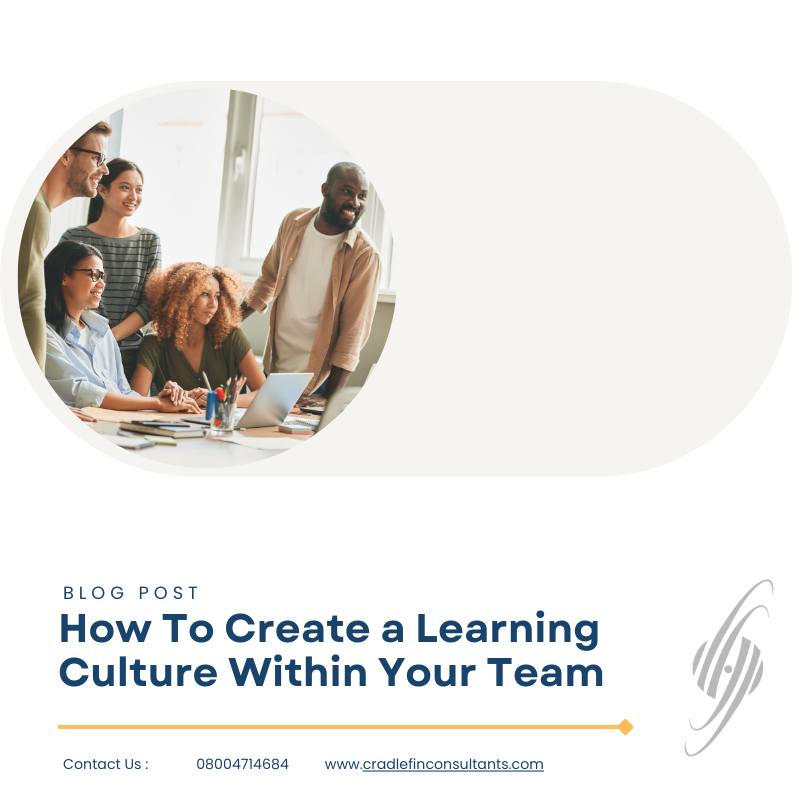Creating a learning culture within your team is essential for fostering growth, innovation, and adaptability in today’s dynamic work environment. By prioritising continuous learning and development, organisations can empower their team members to acquire new skills, expand their knowledge, and contribute more effectively to achieving shared goals. In this article, we will delve into the key strategies and practises for establishing a thriving learning culture within your team, from understanding its benefits to sustaining and evolving it over time.
Understanding the Benefits of a Learning Culture
Picture this: a workplace where curiosity is celebrated, mistakes are seen as learning opportunities, and growth is a continuous journey. That’s the beauty of fostering a learning culture within your team. Not only does it boost morale and engagement, but it also leads to improved performance and innovation. So, strap in and let’s dive into why nurturing a learning culture is a game-changer.
The Impact of Learning Culture on Team Performance
Think of a learning culture as the secret sauce that can supercharge your team’s performance. When team members are encouraged to expand their knowledge and skills, they become more adaptable, productive, and motivated. This ultimately leads to better problem-solving, increased collaboration, and a more agile team that’s ready to tackle whatever challenges come their way.
Creating a Positive Work Environment through Learning
Imagine strolling into work and feeling like you’re stepping into a vibrant learning hub where growth is not just encouraged but celebrated. That’s the kind of positive work environment a learning culture can create. By prioritising learning and development, you not only enhance employee satisfaction and retention but also foster a sense of community and mutual support within your team.
Assessing Current Team Dynamics and Learning Needs
Before diving headfirst into the world of learning initiatives, it’s crucial to take stock of where your team stands in terms of skills and knowledge. Conducting a skills gap analysis can help pinpoint areas where your team may need additional training or support. Equally important is seeking input from team members themselves to understand their learning preferences and tailor your strategies accordingly.
Setting Clear Learning Goals and Objectives
Setting sail without a destination in mind is a surefire way to get lost at sea. The same goes for fostering a learning culture in your team. Aligning learning goals with both team and organisational objectives not only ensures a sense of purpose but also lays the groundwork for measuring progress and success. So, buckle up and get ready to map out those tangible learning outcomes that will propel your team forward.
Providing Access to Diverse Learning Opportunities
Variety is the spice of life, and the same holds true for learning opportunities within your team. Offering a mix of learning formats and resources – from workshops and online courses to mentorship programmes and skill-sharing sessions – not only caters to diverse learning styles but also promotes a culture of continuous improvement and knowledge exchange. So, get creative and explore the myriad ways you can empower your team to learn, grow, and thrive.
Encouraging Continuous Feedback and Reflection
When it comes to creating a learning culture in your team, encouraging continuous feedback and reflection is key. Implementing regular cheque-ins and performance reviews can provide valuable insights into individual progress and areas for improvement. Additionally, fostering a culture of open communication and learning from mistakes can help team members feel comfortable sharing feedback and insights to support their growth.
Fostering a Growth Mindset and Collaboration
A successful learning culture thrives on a growth mindset and collaboration. Encourage team members to embrace curiosity and experimentation, pushing boundaries to discover new ways of thinking and problem-solving. Foster an environment where knowledge sharing and peer-to-peer learning are celebrated, encouraging collaboration and the exchange of ideas among team members.
Recognising and Rewarding Learning Achievements
Recognising and rewarding learning achievements is essential for motivating your team to continue growing and developing their skills. Celebrate milestones and accomplishments, big or small, to show appreciation for the effort and dedication put into learning. Implement incentives and recognition programmes to reinforce the value of continuous learning and success within your team.
Sustaining and Evolving the Learning Culture
To sustain and evolve a learning culture within your team, it’s important to continuously evaluate and adjust learning initiatives. Seek feedback from team members to understand what is working well and where improvements can be made. Cultivate a culture of lifelong learning and adaptability, encouraging your team to embrace change and evolve with new challenges and opportunities that arise. In conclusion, cultivating a learning culture in your team is not just a one-time initiative but a continuous journey towards excellence and success. By investing in learning opportunities, fostering a growth mindset, and recognising achievements, you can create a workplace where individuals are motivated to learn, grow, and thrive. Embracing a culture of learning not only benefits the team members individually but also contributes to the overall success and resilience of the organisation. Start implementing these strategies today to build a stronger, more innovative team for the future.
FAQ
1. How can I convince team members of the importance of a learning culture?
To convince team members of the importance of a learning culture, it is crucial to highlight the benefits it brings to both individual employees and the overall team. Emphasise how continuous learning leads to personal development, improved job satisfaction, and enhanced skills that can drive career advancement. Connect a learning culture to increased innovation, adaptability, and competitiveness of the team in a rapidly changing business environment. Utilise real-life examples, case studies, and success storeys to demonstrate the positive impact that embracing a learning culture can have on both the team’s performance and individual growth.
2. What are some practical ways to incorporate learning opportunities into a busy team schedule?
Incorporating learning opportunities into a busy team schedule requires a strategic approach. Start by integrating learning into daily routines, such as dedicating a specific time each day or week for team members to engage in learning activities. Leverage technology to provide flexible and accessible learning resources that team members can access anytime, anywhere. Implement micro-learning modules, workshops, lunch-and-learn sessions, or peer-to-peer knowledge sharing sessions to make learning more engaging and time-efficient. Encourage a culture where learning is seen as a priority and create incentives for participation to motivate team members to actively seek out learning opportunities despite their busy schedules.
3. How can I measure the effectiveness of our team’s learning initiatives?
To measure the effectiveness of team learning initiatives, it is essential to set clear learning objectives and key performance indicators (KPIs) aligned with organisational goals. Utilise surveys, feedback forms, and assessments to gather qualitative and quantitative data on the impact of learning initiatives on team performance, skills development, and job satisfaction. Track metrics such as participation rates, completion rates, knowledge retention, skill improvement, and behaviour change to evaluate the success of learning programmes. Conduct regular evaluations, performance reviews, and post-training assessments to assess the long-term impact of learning initiatives and make data-driven decisions to continuously optimise and improve the team’s learning culture.





